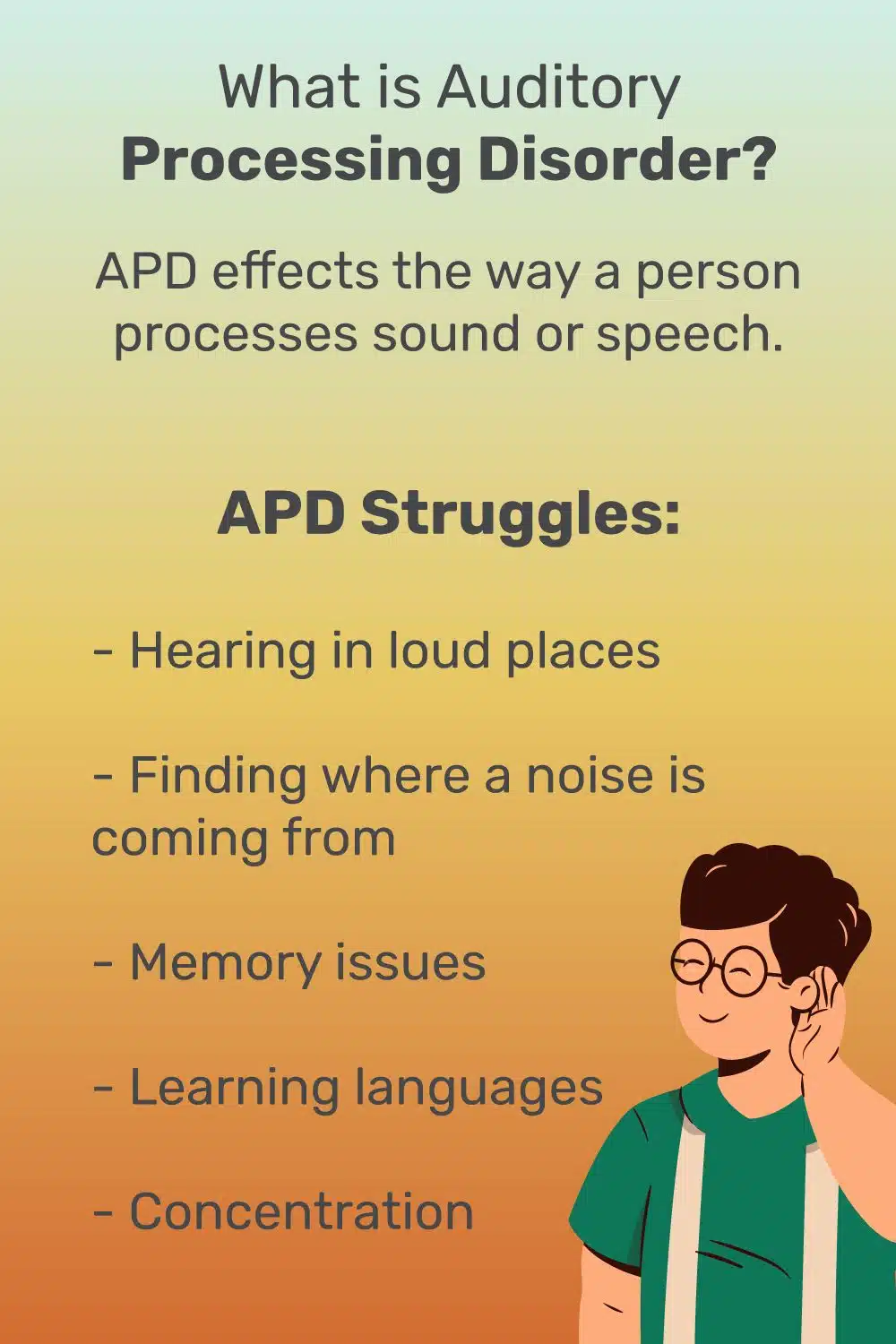Recognizing the symptoms of Auditory Neuropathy Spectrum Disorder (ANSD) is important for seeking appropriate support. While the specific symptoms can vary from person to person, there are some common indicators to be aware of.
- Inconsistent hearing abilities: Individuals with ANSD may experience fluctuations in their ability to hear, where sounds may be clear at times and unclear at others.
- Difficulty understanding speech: Despite having intact hearing sensitivity, individuals with ANSD may struggle to understand spoken words, especially in noisy environments.
- Poor speech development: ANSD can impact a person’s ability to produce and develop speech, leading to delays or difficulties in language acquisition.
- Sound sensitivity or intolerance: Some individuals with ANSD may be sensitive to loud or specific sounds, finding them uncomfortable or overwhelming.
- Auditory processing challenges: ANSD can affect the brain’s processing of sound signals, resulting in difficulties with sound localization, discrimination, and auditory memory.
Awareness of these symptoms can prompt early intervention and support for individuals with ANSD. Goally, a tablet tool with fun apps for kids, can greatly assist children with Auditory Neuropathy Spectrum Disorder (ANSD) in developing language skills, executive functioning, emotional regulation, and social skills. It empowers parents to support their child’s growth and success.















